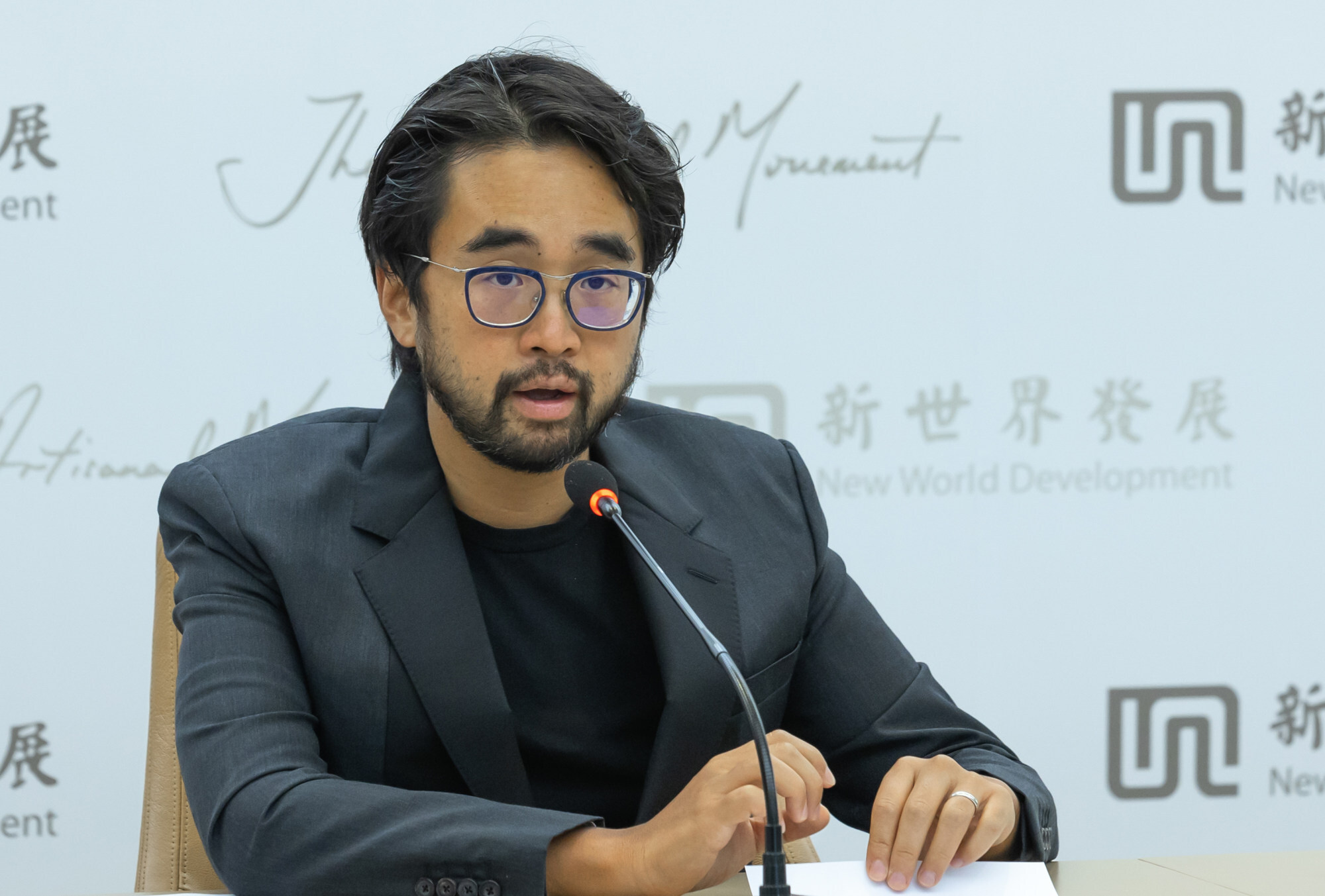
Hong Kong’s first SPAC slips in IPO debut as city embraces blank cheque companies as new fundraising avenue
- The first SPAC in Hong Kong fell 3.2 per cent in trading debut after raising HK$1 billion from 99 professional investors; retail investors are not allowed to trade SPACs
- HKEX, which started accepting SPAC IPO applications in January, has received 10 candidates as of this week
The stock, which can only be traded by professional investors, fell to HK$9.68 at the close of trading, according to exchange data, versus its HK$10 offering price. Only 2 million shares changed hands. Off-market direct deals were earlier marked at HK$8.38 and HK$8.80. Hong Kong’s bourse operator barred retailers from trading such SPACs.
Shares of Aquila, backed by the Chinese broker CMB International Asset Management, were snapped up by 99 professional investors who ploughed over HK$1 billion (US$128.3 million), the minimum listing threshold. The cash would be used to buy assets in the new economy sector, it said.
Hong Kong’s SPAC rules “are more stringent than other markets including the US, aimed at attracting prestigious and experienced SPAC promoters with outperformance targets in the emerging and innovative industries,” said Ivan Mok, Chief Executive Officer of Futu Singapore.
Hong Kong’s SPAC rules limit the pool of investors to the professionals, which are institutions, financial firms or high networth individuals with at least HK$8 million in qualifying assets. The rules also require SPACs to announce their acquisitions, or “de-SPAC,” within two years, failing which they must return the cash to investors.
“The introduction of SPAC listings is an exciting development for HKEX, [adding] a new route to market for issuers, further [diversifying] our listing offering,” HKEX’s chief executive Nicolas Aguzin said in a statement. “We have already seen significant demand for this new SPAC listing route.”
The operator is looking forward to welcoming more sponsors and companies in the months ahead, he added.

Under the stock exchange rules, Aquila’s trading board lot is set at 105,000 shares worth HK$1.05 million. Only professional investors with at least HK$8 million in assets under management are allowed to trade the securities.
That made the city a latecomer, as SPAC listings had been all the rage in the US, Singapore and the UK. Still, brokers said Hong Kong can catch up quickly as its listing regime balances flexibility in fundraising with investor protection.
Why is Hong Kong considering allowing SPACs to list in the city?
With many factors in its favour, Hong Kong could see more SPAC applications going forward, fuelled by strong support from private equity investors, Mok at Futu Singapore noted.
For SPACs that aim to merge with China’s technology, consumer and health care companies, listing in Hong Kong is preferable as it is closer to the mainland, according to UBS.
“The challenge for the development of the SPACs market in Hong Kong is the lack of a track record, as we need several months for the first SPAC to complete its first merger,” said John Lee, vice-chairman and head of Greater China global banking at UBS. “Overseas experience indicates that six to 12 months” are needed, he added.


